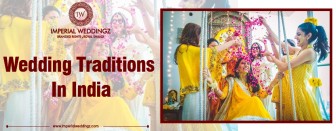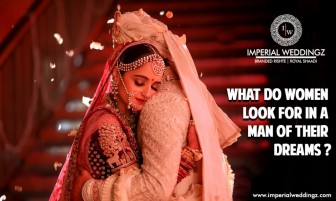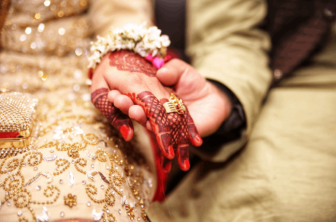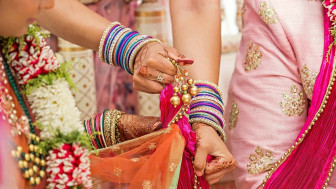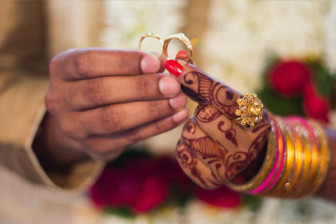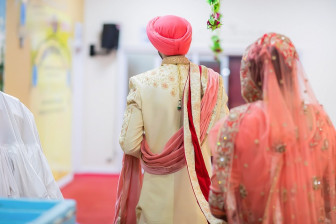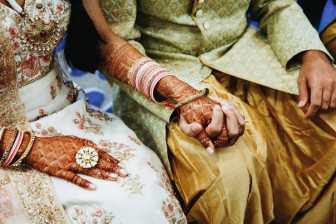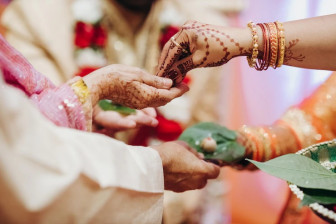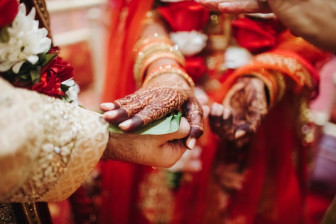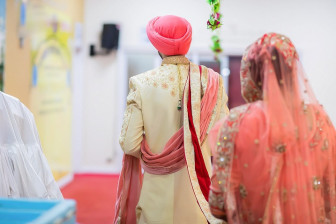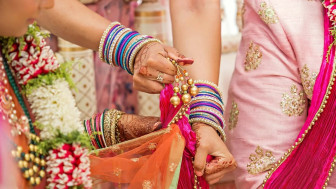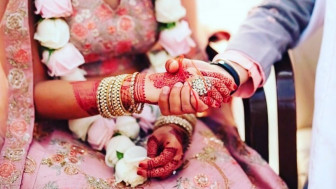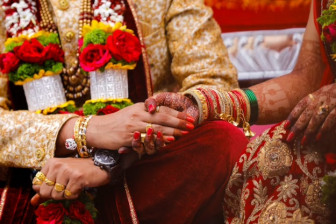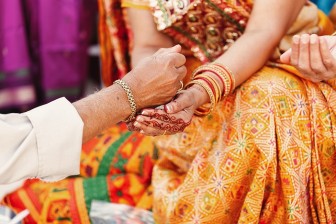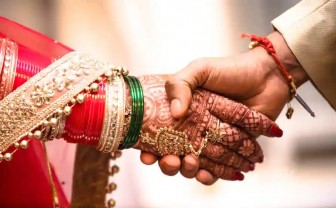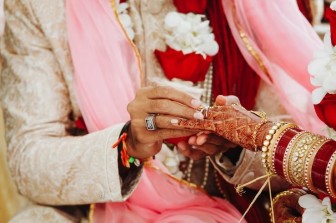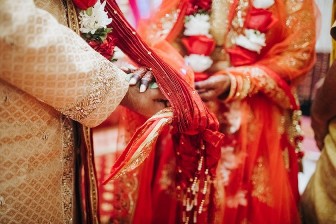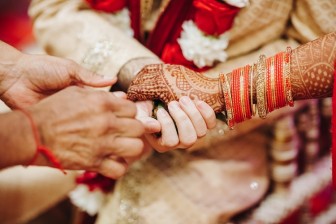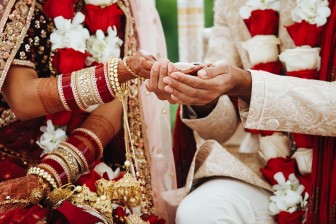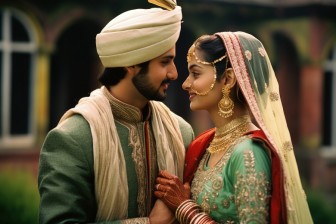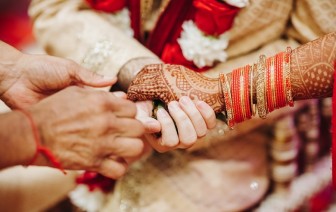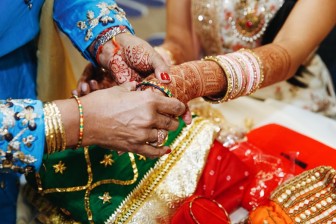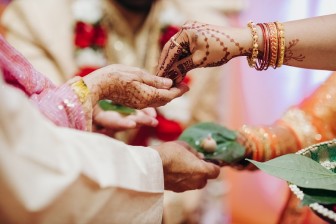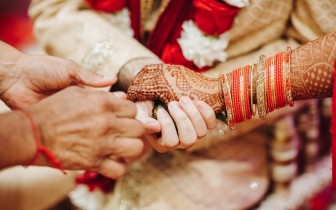Jan 03, 2025
In India, arranged marriages have been a traditional practice for centuries, and they continue to be widely popular even in modern times. While love marriages are becoming more common, arranged marriages are often considered more successful in the long run. This perception has been shaped by various cultural, social, and psychological factors that play a significant role in the success of marital relationships in India.
Here are some reasons why arranged marriages are often viewed as more successful than love marriages in India:
Family Support and Compatibility
In an arranged marriage, families are heavily involved in the process of matching the couple. This ensures that both families are aligned in terms of values, social status, and expectations. The support of the families provides a strong foundation for the couple, making it easier for them to adjust and navigate the complexities of married life. This shared support system is often absent in love marriages, where families may not always approve, leading to external pressures and challenges.
Practical Approach to Marriage
Arranged marriages are often based on practical considerations such as compatibility, shared values, financial stability, and social standing. The emphasis is on long-term commitment and the ability to handle life's challenges together. In contrast, love marriages are frequently based on emotions and romantic feelings, which can fluctuate over time. As a result, love marriages may sometimes face challenges when initial passion fades, and couples realize they may not be as compatible as they thought.
Lower Expectations
In arranged marriages, the expectations are generally more realistic, as both partners are prepared for the responsibilities and realities of married life. The idea of romantic love is often balanced with the understanding that marriage involves compromise, patience, and mutual respect. In love marriages, on the other hand, there can be unrealistic expectations based on the initial attraction, which may lead to disappointment or dissatisfaction when the reality of married life sets in.
Gradual Adjustment and Understanding
In arranged marriages, the couple usually has time to adjust and understand each other after marriage. They often come into the relationship with open minds and a willingness to make things work. This gradual adjustment allows them to develop mutual respect and affection over time. In love marriages, the couple may have already developed certain expectations about their partner, and when these expectations are not met, it can cause friction in the relationship.
Cultural and Social Acceptance
In Indian society, arranged marriages are often more culturally accepted, and societal pressures are lower. This cultural support reinforces the stability of the marriage. Love marriages, although gaining acceptance, may still face societal scrutiny or disapproval, especially in conservative families. This external pressure can create stress and strain on the relationship.
In conclusion, while love marriages are becoming more common, arranged marriages in India have certain advantages that often contribute to their success. The involvement of families, a practical approach to compatibility, lower expectations, and societal support help create a strong foundation for a long-lasting and successful marriage. Moreover, matrimonial services offer tailored matchmaking solutions that ensure compatibility and long-term compatibility between partners, further increasing the chances of a harmonious and stable marriage. These services simplify the process by taking into account important factors such as values, culture, and family preferences, making arranged marriages a more reliable option for many individuals.








